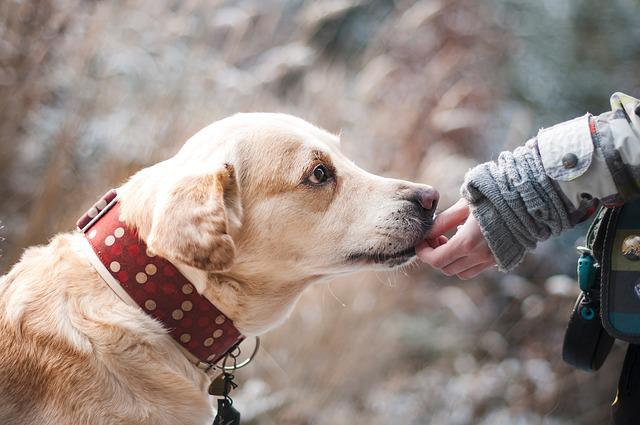Do you often clean doggie “runs” more than you’d want to recall? It can be very frustrating when your dog has chronic or extensive diarrhea, especially when you can’t determine the cause.
Mild diarrhea is very common in all dog breeds and is usually caused by mild intestinal distress. Sometimes, dog diarrhea can be solved by simply switching to or from a new brand or flavor of food.
Even though it can be quite difficult to prevent diarrhea, pet parents should know as much as possible about it to limit occurrences of diarrhea and reduce the duration and intensity when the runs come.
Here are some of the most common causes of diarrhea and how to stop it!
What Causes Diarrhea in Dogs
Diarrhea is caused by the dysfunction of the dog’s digestive system. There are many reasons our pets develop loose stools, but most cases may be attributed to the following triggers:
- Sudden changes in diets or treats
- Eating garbage or spoiled food
- Ingestion of toxins or poisons
- Stress or anxiety
- Ingestion of foreign objects like bones, toys, and fabric
- Bacterial infections like salmonella
- Inflammatory bowel disease
- Medications such as antibiotics
- Pancreatitis
- Viral infections like distemper and parvovirus
- Parasites like
- Coccidia
- Whipworms
- Hookworms
- Roundworms
- Intestinal cancer
- Colitis
- Kidney or liver disease
- Different forms of allergies
When is the Right Time to Contact a Vet?
There is no need to worry if your dog has had only a single episode of diarrhea and is otherwise acting normally. But you should always monitor your dog’s bowel movements to determine whether there is an improvement.
You should contact your vet if your dog has had more than two episodes of diarrhea. Other factors that could probably suggest that you should at least consult with your vet include:
- Consistent diarrhea, especially if it’s repeated within short periods.
- Extensive diarrhea that is accompanied by other symptoms like:
- Unusual drooling
- Vomiting
- Fever
- Lethargy
- Blood in stool
- Signs of dehydration
- General weakness
- Suppose your dog is straining to pass stool but only manages a small amount of watery stool. In that case, it’s a serious issue that requires immediate medical attention since it may result from blockage due to the ingestion of foreign objects.
If your dog displays any of the above symptoms, your vet will give you the appropriate guidance and let you know whether further examination would be needed based on your pet’s symptoms.
How to Treat Diarrhea in Dogs
After conducting a few tests to weed out the extensive possible causes of diarrhea in dogs, your vet will recommend any of the following medications depending on the diagnosis.
- Your vet may advise using probiotics and fiber to help heal the intestine.
- A chemotherapeutic drug may be prescribed for diarrhea caused by cancer.
- Anti-nausea drugs, antacids, and stomach protectants help resolve irritation in the stomach and upper gastrointestinal tract.
- Tylosin and Metronidazole have anti-inflammatory properties; therefore, they treat abscesses and inflammations in the gastrointestinal tract. Amoxicillin may be added when a bacterial overgrowth is suspected.
Don’t give your dog human medications before consulting your vet. Treatments that work well for humans may be toxic to our furry friends.
Other Forms of Treatment
Give your dog ample time to recover by simply fasting him for about 12 to 24 hours. You may also give your pet a bland diet, a high-calorie diet, or a hypoallergenic diet. Gradually reintroduce its regular food once your dog has fully recovered.
Other preventative/ treatment options include deworming your dog to eliminate internal and external parasites.


